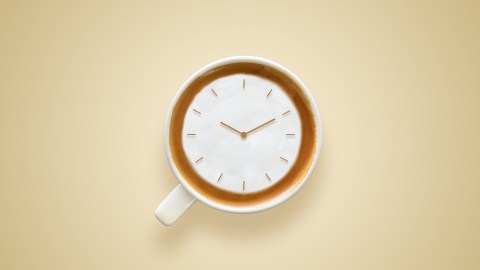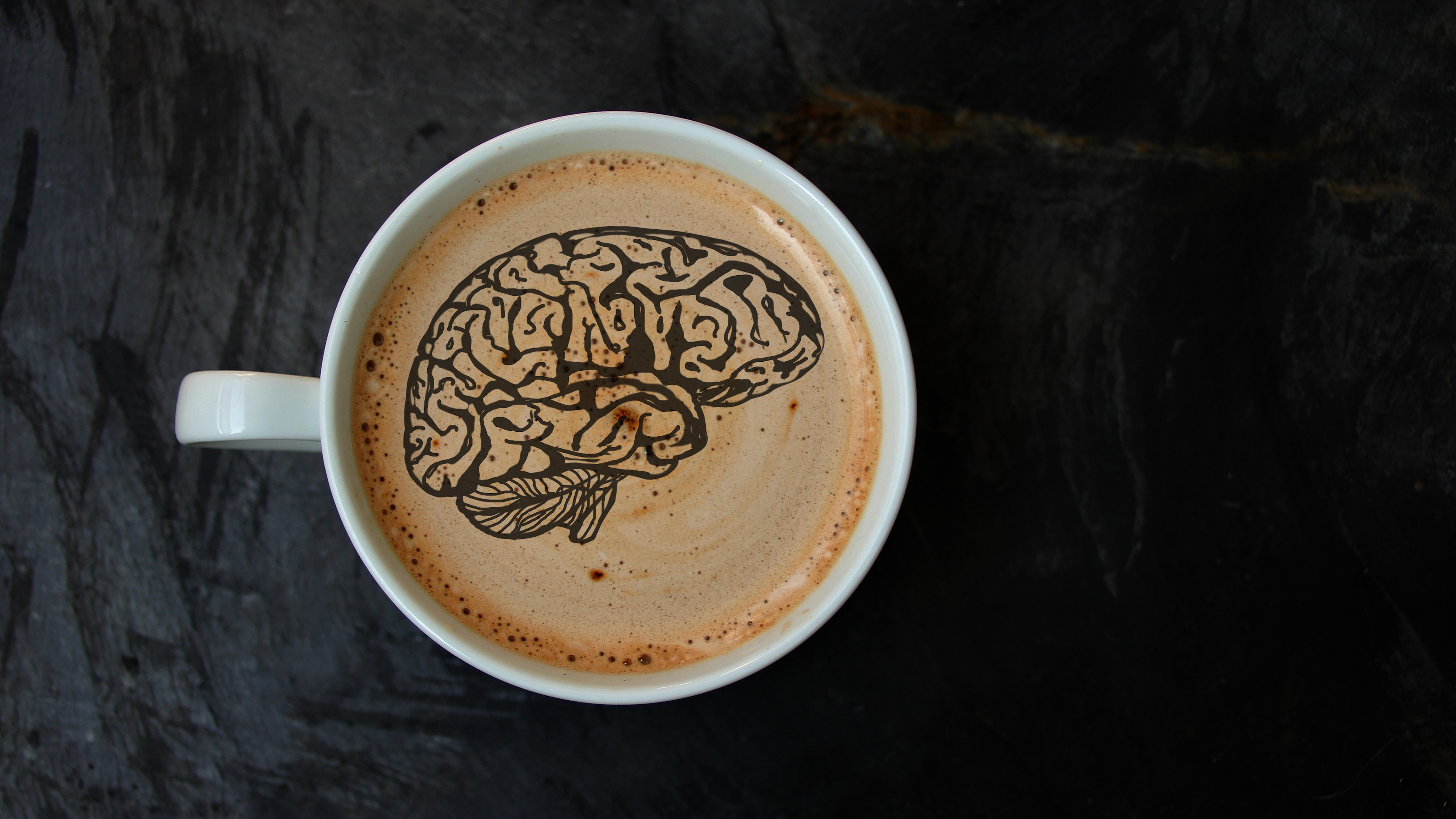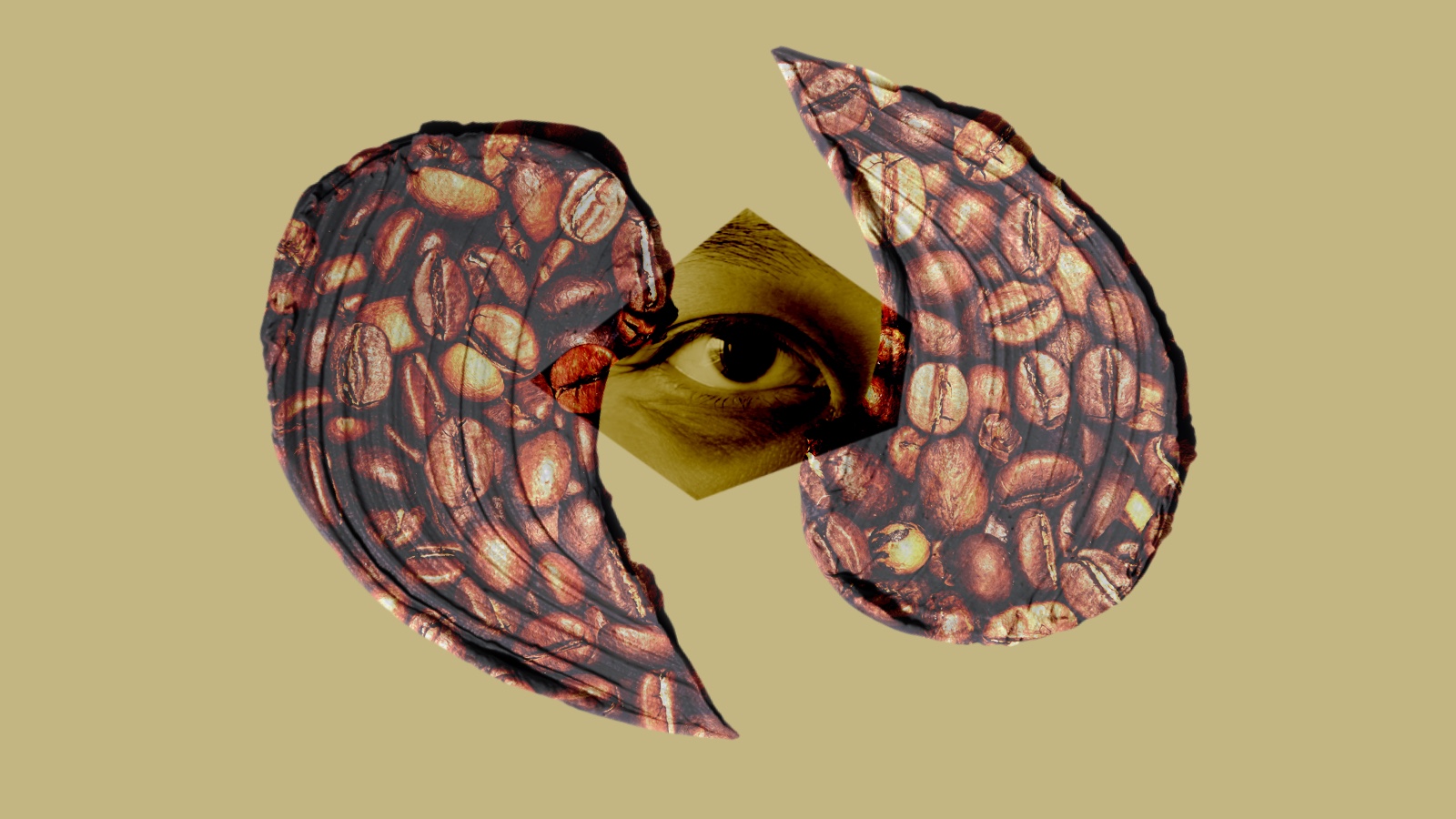When’s the best time to consume caffeine? Hint: Not right after you wake

- For maximum effect, caffeine is best used sparingly. That’s because just a few weeks of habitual consumption causes the body to become dependent, blunting the drug’s performance-boosting effects.
- The best times to consume caffeine are a few hours after waking, 30 to 60 minutes before physical activity, and immediately before taking a nap.
- One time you should avoid caffeine is before bedtime. The drug reduces the amount of time slept and reduces the efficiency of nightly rest, even when taken up to six hours before attempting a slumber.
Billions of people worldwide consume caffeine as a quick and easy pick-me-up. But most use the central nervous system stimulant commonly found in coffee, dark chocolate, tea, and soda as a broad brush rather than a precision scalpel — and to their detriment.
For maximum effect, caffeine is best used sparingly. That’s because just a few weeks of habitual consumption (as little as one cup of coffee per day) causes physiological dependency. Caffeine’s stimulant effect arises by blocking certain receptors in the brain. These receptors prompt fatigue and tiredness when filled with adenosine molecules, produced as we exert ourselves during waking hours.
But the more caffeine we regularly consume, the more receptors the brain creates. More receptors translate to greater feelings of drowsiness when filled with adenosine. So people who gulp down numerous coffees per day effectively feel more fatigued, and their caffeinated habit simply brings them back to the baseline level of alertness they enjoyed before becoming caffeine “junkies.”
The best times to consume caffeine
That’s why it’s wise to selectively target one’s caffeine consumption. Published research has provided a few tips on the matter.
For starters, it’s often best to hold off on your morning coffee for a few hours, rather than downing it first thing. The grogginess that many feel soon after waking typically wanes within about 30 to 45 minutes, when levels of cortisol — a hormone that boosts alertness and focus — peak. So you might be able to replace that early latté with a light, slightly sugary breakfast (think yogurt, cereal, or fruit) instead and enjoy a similar stimulating effect. Then you can save your caffeinated beverage for a mid-morning boost (roughly between 9:30 a.m. and 11:30 a.m., if you usually wake at 6:30 a.m. or shortly after) as your body’s cortisol levels begin to fall.
Another great time to consume caffeine is about 30 to 60 minutes before a workout. Safe and surprisingly effective at boosting physical strength, cardiovascular endurance, and muscle endurance, the stimulant may be the ultimate performance-enhancing drug. Consuming between 3 and 6 milligrams of caffeine per kilogram of body weight — equivalent to drinking about one to two 16-ounce energy drinks, eight to 12 Cokes, or three to four cups of coffee for a 175lb (80kg) man — boosts muscle endurance by 6-7%, strength by 2-7%, and cardiovascular endurance by 2-4%. Smaller doses yield fewer benefits. In sporting competitions like sprinting, cycling, swimming, track and field, and weightlifting, caffeine can mean the difference between winning and losing.
A third great time to consume caffeine is right before a nap. It’s a tad surprising but true! The strategy even has a name: the “coffee nap“. Here’s why it makes sense: For most people, caffeine takes about 20 to 30 minutes to take effect after being ingested, so if you quickly down a caffeinated beverage, then catch some Zs for 20 minutes or so, you’ll wake up refreshed by a caffeine kick. As a bonus, the quick nap should clear a few aforementioned adenosine molecules from their receptors, allowing caffeine to plug the openings. Placebo-controlled studies have actually shown that “coffee naps” can be more rejuvenating that normal catnaps.
One time when research has unequivocally shown that you should avoid consuming caffeine is before bedtime. The drug reduces the amount of time slept and reduces the efficiency of nightly rest, even when taken up to six hours before attempting a slumber.
In its myriad forms, caffeine can be a tasty tool to help you perform at your peak. Deploying it diligently can make it that much more effective.





